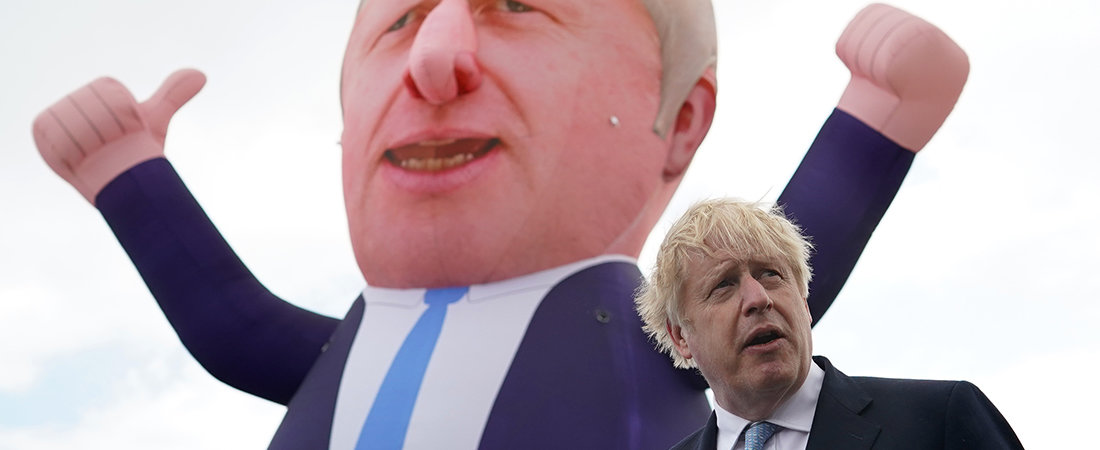It was President Bill Clinton’s strategist, James Carville, who said when a political opponent is drowning, “throw them an anvil”.
And Boris Johnson is about to do the same to Sir Keir Starmer’s Labour leadership in tomorrow’s Queen’s Speech.
The Prime Minister will focus his government’s attention even more on State services rather than turning his back on “levelling up”.
His aim is to dominate the Labour Party’s traditional winning ground, denying Starmer any opportunity to present a different offer to voters.
There will be more investment in infrastructure, and an increased ambition to ensure public services are delivered more successfully in poorer parts of Britain.
Ministers will be tasked with prioritising Covid backlogs in the courts, hospitals and GP surgeries and above all, the millions of hours of lost learning suffered by school kids.
The NHS will receive an eye-watering injection of money but, crucially, tied to significant reform in delivery.
At the same time, the PM will also turn his attention on the private sector where he will unveil measures to encourage entrepreneurs, start-ups, and innovation.
His dream is for global businesses to see the UK as the world’s number one place to invest in research and development, highly skilled manufacturing and science.
All this has been designed to throw Starmer the very opposite of a lifeline just at the point the Labour leader appears to be fighting for his political life.
Many senior Labour figures are despondent at the Leader’s botched reshuffle. They say it underlines their fear of his inability to make the right political calculations.
There are opportunities to tell a different narrative.
Labour seized control of Chipping Norton in Oxfordshire – the home of the David Cameron set – as well as other Conservative strongholds like Peterborough.
Tracy Brabin’s victory as the first Mayor of West Yorkshire and Andy Burnham’s dominance in Manchester were also strong showings in “red wall” areas.
Starmer supporters point out that the poorly-handled attempt to move Angela Rayner into a new role is symbolic of the bitter civil war raging in Labour’s ranks.
Modernisers are finding it impossible to get control over the Corbyn sympathisers who still hold huge sway.
Many commentators are convinced the Labour Party can no longer carry on as a blend of metropolitan, progressives liberals and the ambitious working class.
In short, they see Labour as having become unleadable in its current form.
Senior party figures are also deeply worried at the fate of Labour in Scotland. No Labour leader has a hope of winning a General Election without having a significant number of Scottish MPs. But SNP’s victory in last Thursday’s Holyrood elections spells bad news for Labour in the long term.
Labour’s woes have given the PM the green light to go further into the Opposition’s traditional winning ground.
And tomorrow’s Queen’s Speech is aimed at leaving Labour voters in no doubt that a Conservative Party is on their side.
There are no guarantees in Boris’s plans to close down Labour’s options.
But one cloud on the horizon looms – the state of the UK economy.
The prospect of an economic boom as restrictions are eased is hugely exciting.
But such an expansion of consumer spending risks inflation – and the corresponding rise in the cost of borrowing that that would bring.
The very last thing voters need is a hike in interest rates.
How Chancellor Rishi Sunak responds will be the real test of his Treasury.

